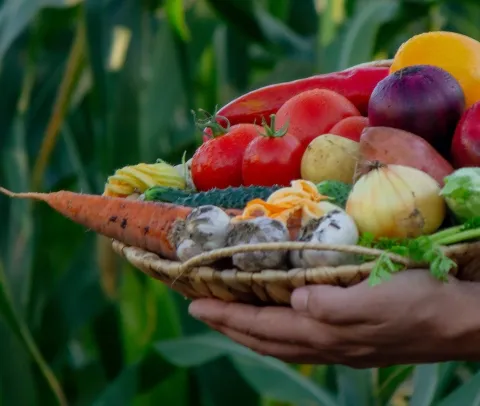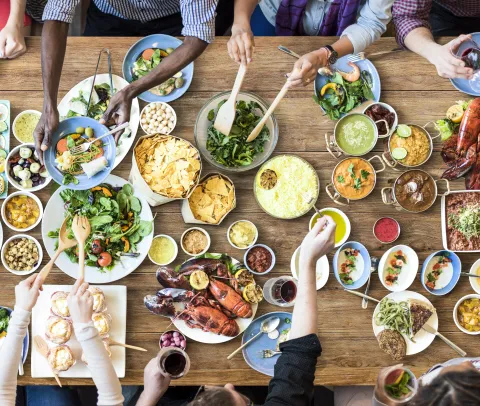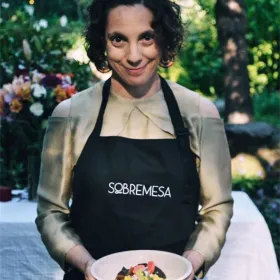Food Studies & Gastronomy

Earn university credits while learning about food in beautiful Barcelona
Food is an important reflection of culture; this is a given. Although it has taken a long time for food studies to claim a place among accepted academic fields, food studies is now an exciting and dynamic research area, not only in the humanities and social sciences, but also in areas as wide-ranging as public health, sensory studies, business and economics, environmental and agricultural studies.
The notion of gastronomy is, to some, elusive. We like to describe it as the relationship between food and culture. By focusing on gastronomy, rather than just cuisine, we can broaden our lens and take a look at the big picture aspects surrounding the food on our plates. According to Brillat-Savarin’s classic "The Physiology of Taste, gastronomy “is the knowledge and understanding of all that relates to man as he eats.”
The Food Studies & Gastronomy Program stems from the belief that food is an excellent vehicle to understand our local Mediterranean culture from a broad range of perspectives. The element of food, so vital to the everyday life of a place and its people, allows us to explore Barcelona, Spain, Europe, and the Mediterranean with an experiential, hands-on approach to learning
What makes our program different from others is the fact that we apply the principles of experiential learning from the moment we start designing our courses. We encourage our students to be actively engaged in the learning process by posing questions, reflection, critical analysis, assuming responsibility, being creative, and constructing meaning
The program currently offers 6 6ECTS courses (3 US-credit ), which meet bi-weekly during 12 weeks for 1.5 hour sessions. Our courses cover a range of topics and disciplines, all revolving around food studies and gastronomy from an interdisciplinary lens. This broad range allows students who take our courses to gain access to a contemporary food perspective of Catalonia, Spain, Europe and the Mediterranean, and our gastronomical and cultural heritage. We approach the subject of food from different perspectives, but always with an emphasis on intercultural communication and critical thinking.
The program runs two semesters per year: Fall and Spring (and courses can be offered in summer upon request). Our dates tend to coincide with most study abroad program dates.
Semester Courses
Admissions and Fees
Eligibility and requirements
Our courses are open to study abroad provider programs we have previously signed agreements with, as well as direct enrolment for individual candidates. High school graduates currently enrolled in college, or college graduates, can sign up for our courses; if you are not from an English-speaking country, we do ask for knowledge of English in order to sign up for our courses. This will be evaluated on a case by case basis.
You can enroll in a single course or in several courses per semestre.
Certificates
All applicants will receive a Certificate of “Curso Superior Universitario” from the University of Barcelona upon successful course completion.
Note: that our programs are not open to Erasmus students and therefore students will have to pay the credits separately.







